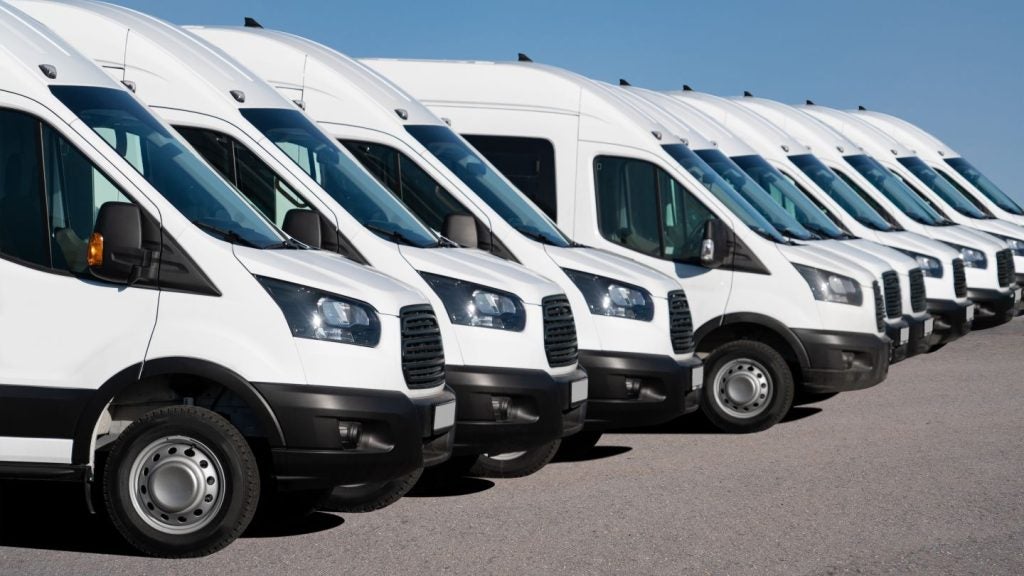
The Court of Justice of the European Union (CJEU) has provided guidance on how “option to purchase” car deals should be classified for VAT purposes.
The case was referred to the CJEU by a British court in relation to a case pitting Mercedes-Benz against Her Majesty’s Revenue and Customs (HRMC).
The carmaker argued that under its “Agility” lease option contract, VAT should be paid as part of the monthly instalments, while HMRC maintained that it was to be charged – and consequently collected by HMRC – when the car is initially handed over to the customer.
The CJEU has now determined that such contracts should be considered as “supply of services” – and thus be liable to a monthly, rather, than upfront, VAT.
A “supply of goods” categorization could only apply if it were “economically rational” for the customer to buy the car outright, depending on the terms of contract.
This could happen, for example, when “the aggregate of the contractual instalments will correspond to the market value of the goods, [so that] the lessee will not be required, as a result of exercising the [buying] option, to pay a substantial additional sum,” lawyer Stuart Walsh explained to Out-Law, a blog maintained by firm Pinsent Masons.
How well do you really know your competitors?
Access the most comprehensive Company Profiles on the market, powered by GlobalData. Save hours of research. Gain competitive edge.

Thank you!
Your download email will arrive shortly
Not ready to buy yet? Download a free sample
We are confident about the unique quality of our Company Profiles. However, we want you to make the most beneficial decision for your business, so we offer a free sample that you can download by submitting the below form
By GlobalDataWhether it is fair to assume from the terms of a contract that the customer will end up buying the vehicle will be for the national courts to ascertain, the CJEU concluded.
“Overall, this must be a pleasing judgment for taxpayers and welcome news for the car industry at a time of uncertainty,” Walsh said, adding that customers and makers alike will now be “keen to recover this overpaid tax” from HMRC.







